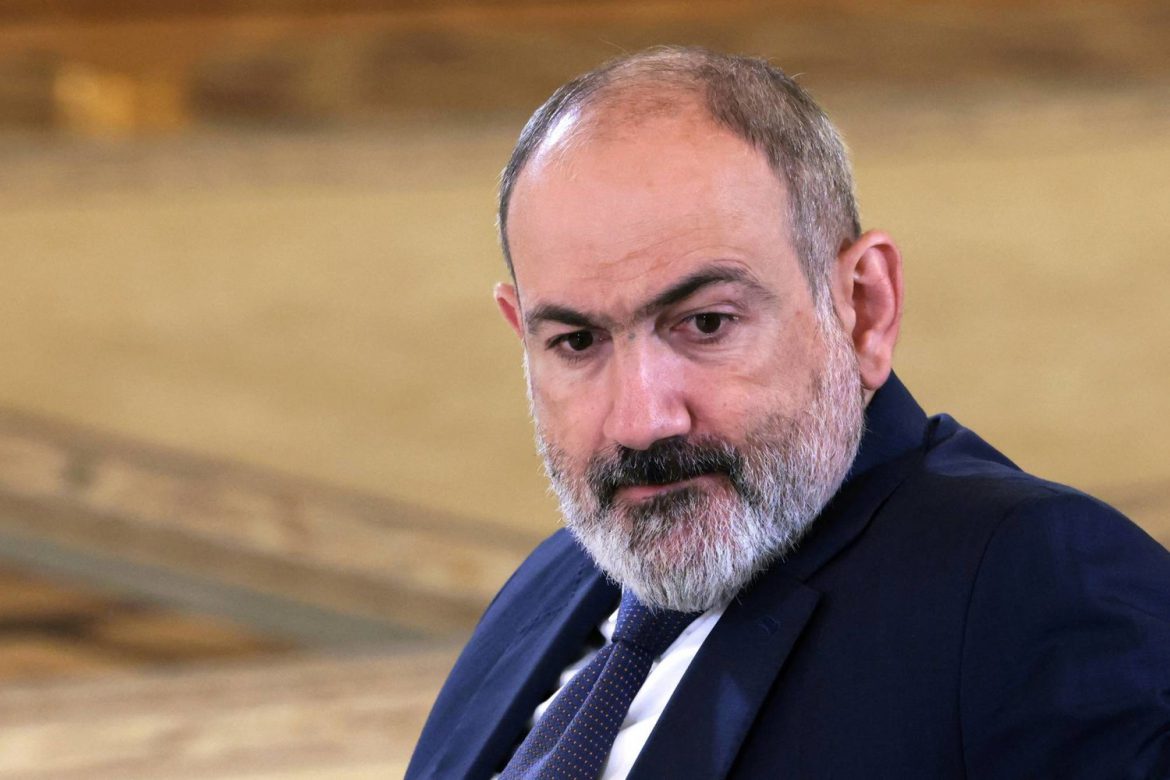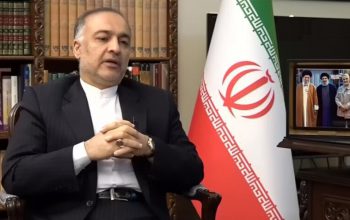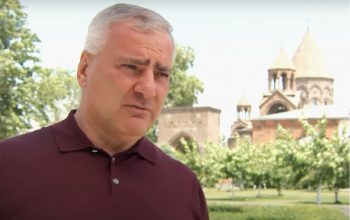By Levon Baronian
Prime Minister Nikol Pashinyan’s recent actions concerning Artsakh (Nagorno-Karabakh) are not merely political missteps but represent an unending betrayal of the Armenian nation and its long-standing struggle for justice, self-determination, and survival. This betrayal of Armenian’s collective struggle for justice for the yet unpunished Armenian Genocide to the present-day conflict in Artsakh, underscores the profound moral and ethical implications of Pashinyan’s actions, which amount to nothing short of treason against the Armenian people.
The Armenian Genocide, perpetrated by the Ottoman Empire over a century ago, stands as one of the darkest chapters in human history. The systematic extermination of 1.5 million Armenians and the displacement of countless others left an indelible scar on the Armenian psyche. Despite overwhelming evidence and widespread recognition of this genocide, Turkey, Azerbaijan’s key ally in the region, has yet to be held accountable for its crimes. Pashinyan’s failure to confront Turkey and his willingness to compromise Armenian interests in Artsakh are a continuation of this historic betrayal, perpetuating a cycle of injustice and impunity that continues to haunt the Armenian nation.
Artsakh, with its deep historical and cultural significance to Armenians worldwide, represented a beacon of hope and resilience in the face of adversity when it was liberated by Armenian forces in the 1990s. The struggle for Artsakh’s independence was and is intrinsically linked to the broader Armenian quest for justice and recognition, making Pashinyan’s betrayal all the more egregious. By refusing to engage with Artsakh’s legitimate leadership and threatening crackdowns on its governance structures, Pashinyan not only undermines Armenian sovereignty but also jeopardizes the security and well-being of the Armenian population in the region. His actions effectively abandon the principles of justice and self-determination that Armenians have fought for throughout history, betraying the sacrifices of generations past and present.
Moreover, Pashinyan’s recent statement that “he is not the leader of Historical Armenia, but rather just the leader of the current Republic of Armenia” is a shocking abdication of responsibility and a blatant dismissal of Armenia’s historical claims against Turkey and Azerbaijan. This statement not only belittles Armenia’s rightful claims but also disconnects the Republic of Armenia from its rich history and past struggles, further deepening the betrayal felt by Armenians worldwide.
In light of these grave transgressions, it is clear that Pashinyan can no longer correct his treachery. The only honorable course of action left for him is to resign immediately, sparing Armenia further damage and allowing for the emergence of leadership committed to upholding Armenian dignity and aspirations. Anything short of this would be a continuation of Pashinyan’s betrayal and a disservice to the Armenian nation and its enduring struggle for justice, recognition, and survival. The future of Armenia and Artsakh depends on leaders who are willing to stand up for Armenian rights and principles, not ones who cower in the face of adversity and betray their own people.




